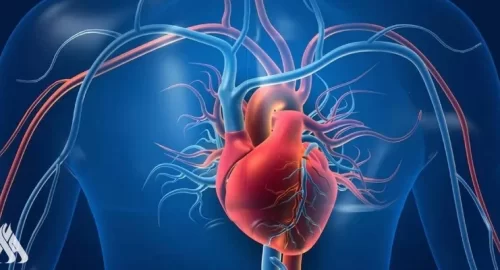
WHO: The harmful effects of loneliness are comparable to smoking 15 cigarettes a day

- 17-11-2023, 18:11
Baghdad-INA
Despite the decline in the spread of the Corona virus pandemic around the world, the effects of the virus continue to fuel mental and physical health problems.
The World Health Organization has declared loneliness an "urgent health threat", with risks as deadly as smoking up to 15 cigarettes a day.
“Loneliness crosses borders and becomes a public health concern, affecting every aspect of health, well-being and development,” African Union Youth Envoy Chido Mbemba told The Guardian this week.
Mbemba and US Surgeon General Dr. Vivek Murthy chair the WHO's newly formed International Commission on Social Communication, an alliance of 11 leading health advocates and policy makers.
Their three-year mission is to combat the epidemic of isolation that has accelerated with lockdown measures during the Covid-19 pandemic.
The World Health Organization indicates in its announcement that one in four elderly people suffer from social isolation, while 5-15% of adolescents suffer from loneliness.
The establishment of the new WHO committee comes in the wake of a new study conducted by the University of Glasgow in Scotland, which found that not communicating with friends or family may increase the risk of premature death by 39%.
During the study, researchers followed about 458,000 middle-aged participants for approximately 12 years, and about 33,000 deaths were reported during the follow-up period.
The study, published in the journal BMC Medicine last week, found that close interaction, such as communicating with friends and family, at least once a month is of great value, while superficial interactions do not appear to reduce the risk of early death.
The new WHO panel plans to "analyze the central role that social connectivity plays in improving the health of people of all ages and identify solutions for building social connections at scale."
PM: Our goal is to stop gas flaring at zero percent by 2028
- politics
- 04:02
South Korean cops raid offices of Jeju Air as crash probe intensifies
- International
- 02:10
Suspected people smugglers to face severe curbs under new UK laws
- International
- 02:00
Iraq vs Saudi Arabia match kicks off, Arabian Gulf Cup 26
- Sport
- 24/12/28
Real Madrid becomes Arnold's new home
- Sport
- 24/12/28
Globe Soccer Awards 2024: all the nominees
- Sport
- 24/12/27
CBI: We have achieved a great achievement in abroad remittance
- Economy
- 25/01/01












